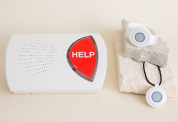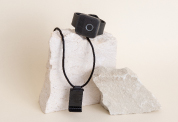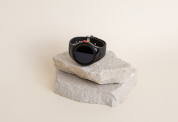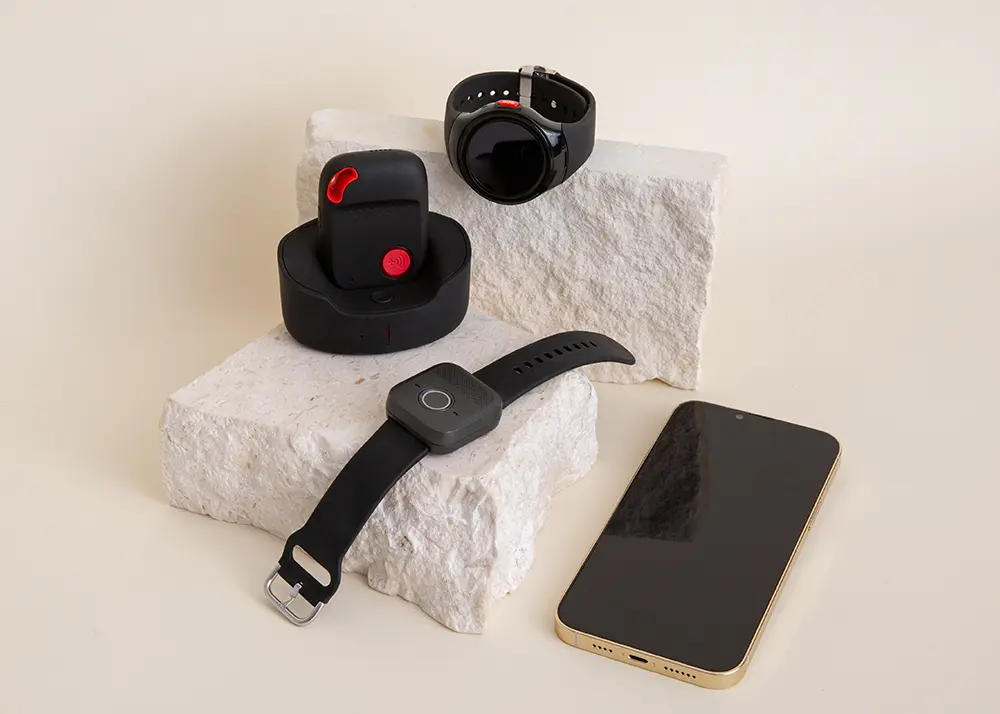FTC Permanently Shuts Down Medical Alert System Scam Targeting Seniors
November 18, 2014

The FTC shuts down major medical alert system scam targeting seniors nationwide.
The FTC issued a press release last Thursday stating that they permanently put an end to a large-scale scam operation that targeted senior citizens. The operation employed pre-recorded robocalls offering free medical alert systems to glean private information from it’s victims.
The scammers made illegal robocalls to seniors claiming that a loved one had ordered a medical alert system for them. They further claimed to be endorsed by many prominent health organizations such as the American Heart Association (AHA), the American Diabetes Association (ADA), and the National Institute on Aging (NIA).
The telemarketers insisted that the device was free and the user would not be charged anything before the device was activated. This turned out to be false as the user was immediately charged upon providing their credit card information. The FTC reports that those who gave their information have seen “monthly charges of $35 and up.”
Jessica Rich, Director of the FTC’s Bureau of Consumer Protection, had this to say about the scammers:
“They lied about the product, about whether health organizations had endorsed it, and about it’s cost. And all the while, their M.O. was to take advantage of older people’s concerns about their health. We’re so glad to work with our partners in Florida to stop this fraud.”
A settlement was obtained by the FTC and the Office of the Florida Attorney General. The defendants have been banned from making robocalls and partaking in any other forms of telemarketing. In addition, the scammers now face a $23 million judgement.
We, here at Bay Alarm Medical, feel that this decision couldn’t have come more quickly. Our hearts go out to all the seniors nationwide who were affected by the scam. We received a large number of calls from confused seniors and their families thinking that the strange calls were coming from us. This egregious scam affected all major medical alert system companies.
We reported any information we received about the scam operation including phone numbers, names, and locations that the calls were being placed from to the Medical Alert Monitoring Association (MAMA) and the FTC. We advised our customers affected by the scam to do the same.
Thankfully, most of our customers who received a robocall said they had noticed something being “off” or “fishy” about the calls. Many refused the operator’s requests for private information and disconnected the call promptly.
We are extremely grateful to the FTC, the Florida Attorney General, MAMA and the countless other organizations involved for all the hard work they’ve done in remaining vigilant on this issue. Finally this disruptive scam has been brought to an end.
For further information on the scam, head over to the FTC’s website. There you can find some helpful tips for consumers on what to do if you get a robocall and education videos that explain robocalls.






